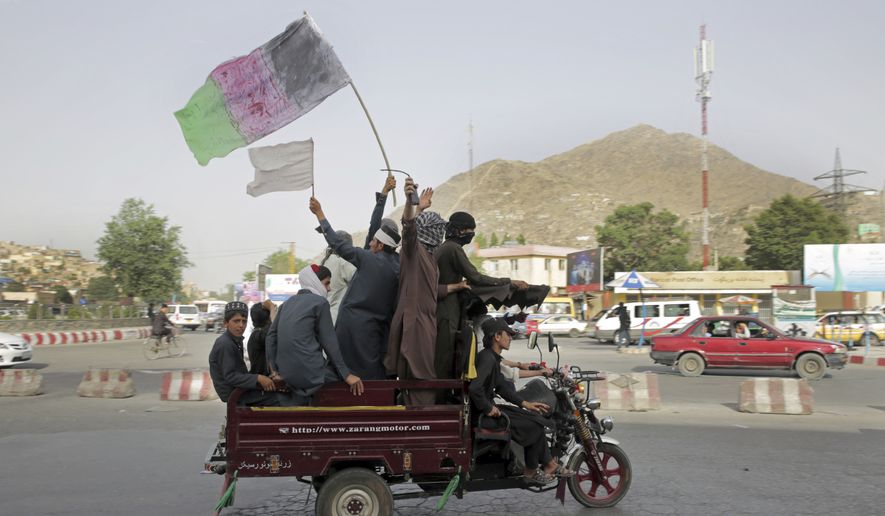The Trump administration’s pick to be the top U.S. commander in Afghanistan successfully cleared Senate confirmation Thursday night, paving the way for Army Lt. Gen Austin “Scott” Miller to take command of America’s longest war.
The full Senate approved Gen. Miller’s nomination as part of several military nominees the upper chamber cleared by unanimous consent during a round of evening votes. Gen. Miller’s confirmation will make him the 17th American or allied general officer to take the reins of the 17 year conflict in Southwest Asia.
The vote came hours after members of the Senate Armed Services Committee voted to move Gen. Miller’s nomination to the full chamber.
Gen. Miller will replace the current Afghan war commander, Gen. John Nicholson, and will be the third U.S. general officer to oversee the Pentagon’s mission in Afghanistan, since the official end of American combat operations in the country in 2014.
Senate lawmakers Thursday also gave the green light to retired Navy Adm. Harry Harris by voice vote to become the new U.S. Ambassador to South Korea.
Prior to his nomination, Adm. Harris had been the top commander at U.S. Pacific Command, developing a reputation while in uniform for his hawkish viewpoints on the growing threat of North Korea and the expanding Chinese influence in Asia.
A career Army Special Forces veteran, Gen. Miller was wounded the infamous Battle of Mogadishu in 1993, while serving as a Captain in Operation Gothic Serpent — the doomed U.S. mission which the book and movie Black Hawk Down is based.
Prior to his nomination, Gen. Miller led the highly secretive Joint Special Operations Command — a post also held by Gen. Stanley McChrystal, before being tapped to lead the Afghan mission in 2009 by President Barack Obama.
With Gen. Miller’s confirmation, Trump administration is putting its own aggressive stamp on the Afghanistan war by tapping a career Special Forces operative lead American troops there. But the three-star general is expected to continue to adhere to the ongoing government cease fire against the Taliban.
The unprecedented cease fire between Taliban and Afghan government forces, which began on June 11 and coincided with the Muslim holy month of Ramadan, was extended by Afghan President Ashraf Ghani late last week.
While Taliban leaders have vehemently objected to the 10-day extension, U.S. and coalition forces continue to abide by Kabul’s orders, making the cease fire the longest of its kind in Afghanistan.
U.S. and coalition forces in Afghanistan have not carried out a single airstrike against Taliban targets for over two weeks, in observance of the cease-fire. U.S. and NATO forces continue to monitor Taliban activity in the country through intelligence and surveillance operations, and retain the right to execute airstrikes against the insurgents in self defense, Air Force Brig. Gen. Lanch Bunch, the top U.S. air commander in country, said Wednesday.
• Carlo Muñoz can be reached at cmunoz@washingtontimes.com.




Please read our comment policy before commenting.